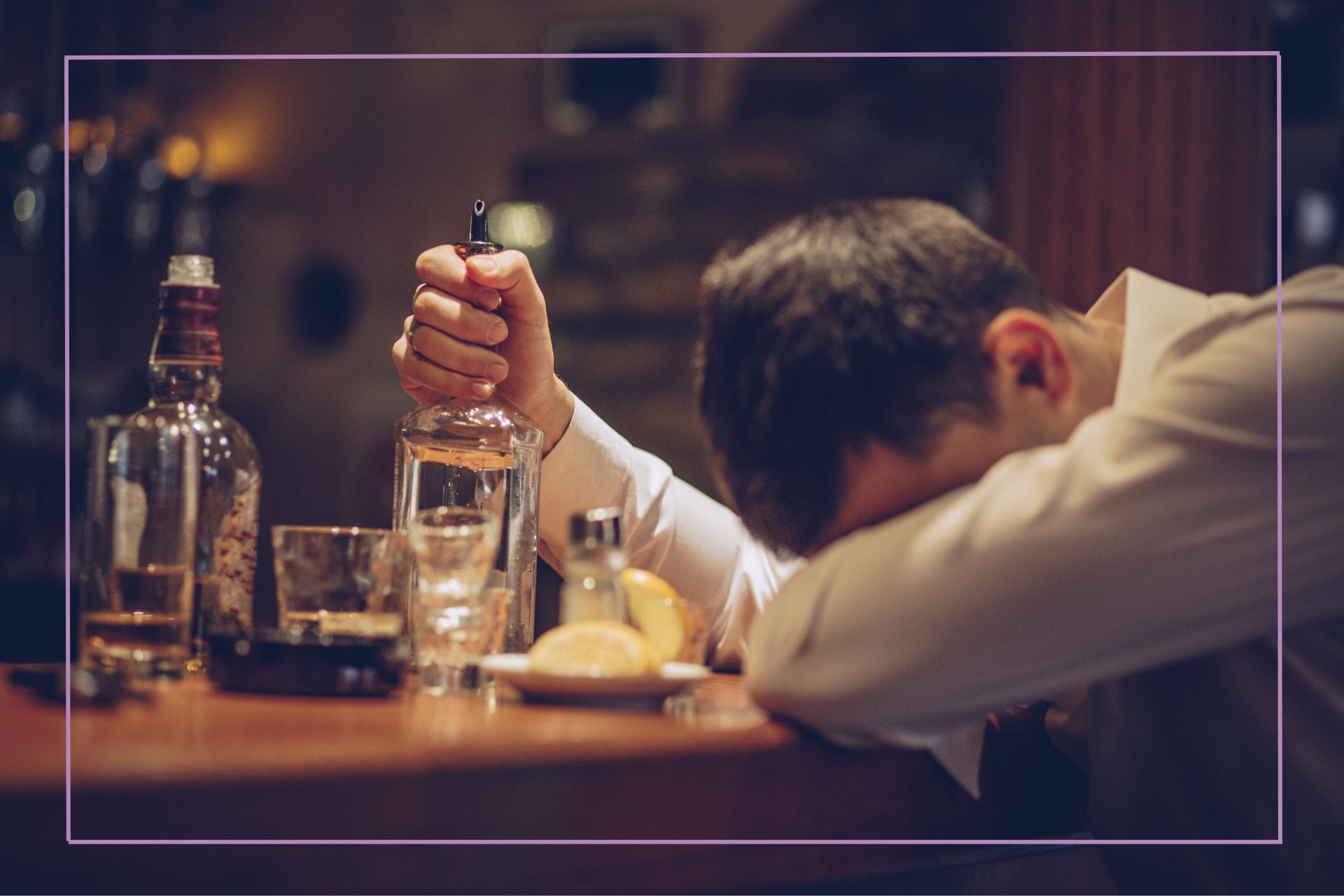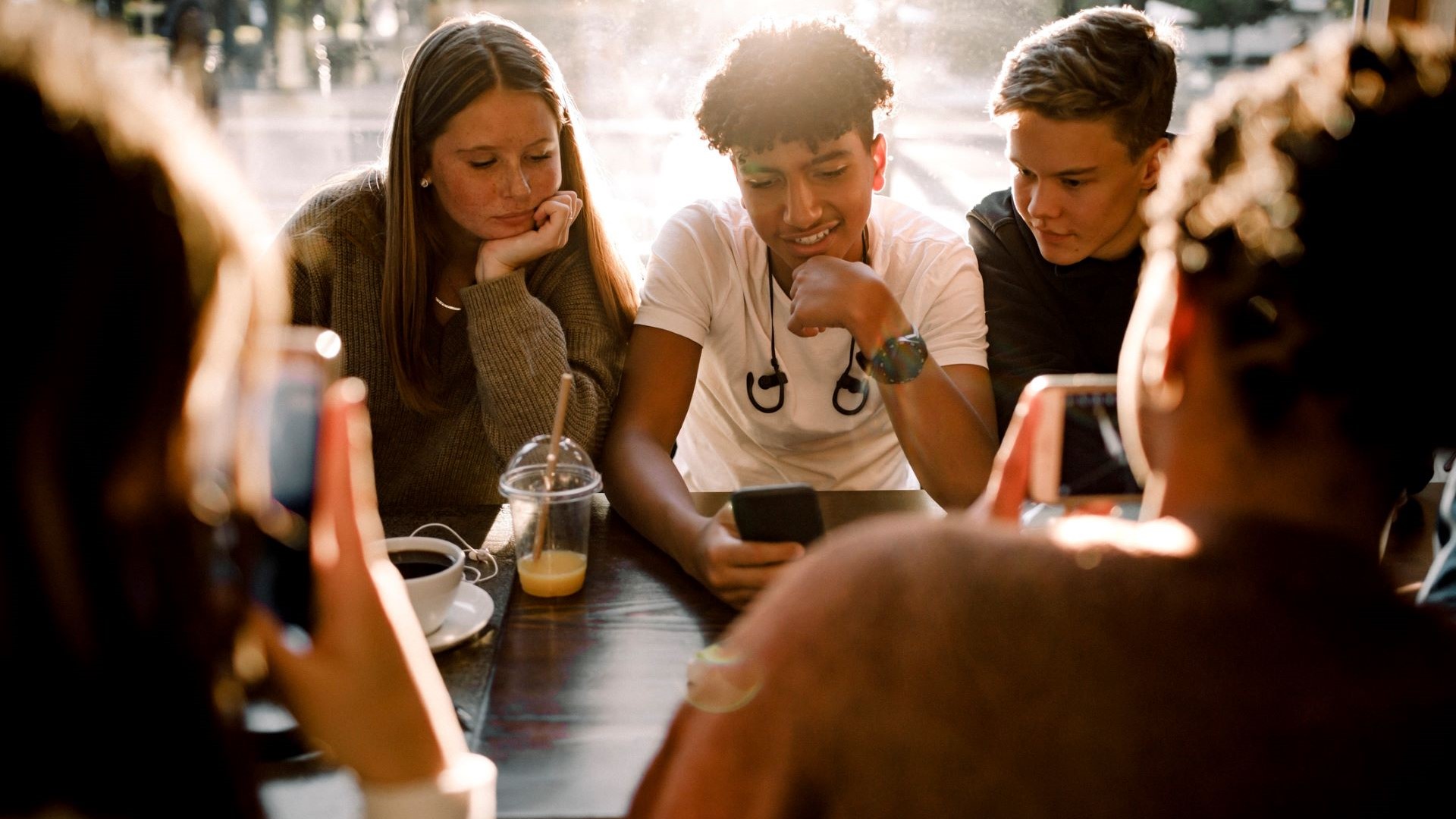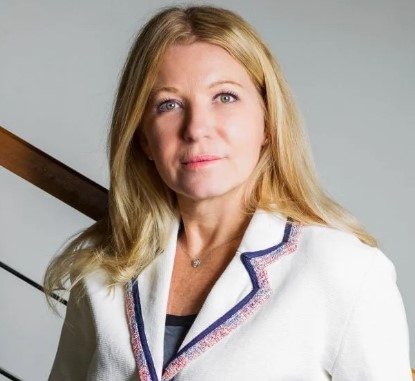As Gen Z leads the shift towards sobriety, will Generation Alpha (those born after 2012) look to live a teetotal life?
Will sobriety be 'the norm' for our kids? How British drinking culture is shifting for future generations

Alcohol is the leading reason for many injuries, arguments, divorces, and deaths, so it's good news that the kids today don't drink like we used to, but what's causing this shift to sobriety, and will our children be teetotallers?
While older generations still top the drinking charts, Gen Z (those born between 1995 and 2012) are leading a new movement towards sobriety. Binge drinking and bottomless brunches are out, with many thinking about giving up alcohol while mindful drinking, mocktails, and sober curiosity are in. Young people are embracing the teetotal life, citing mental health and self-care as their prime reasons for cutting down on alcohol consumption.
"The trend of young adults and teens drinking less has been happening over a substantial period, " says Fiona Yassin, family psychotherapist and founder and clinical director of The Wave Clinic. "The benefits of young people drinking less alcohol, or not drinking alcohol at all, are far-reaching."
What does this mean for the next generation? Gen A (kids born between 2012 and 2024) have their own opinions on alcohol. I know my 11-year-old does. After several years of being able to take him to the pub with friends, he now flat-out refuses to go. He says there are ‘silly’ people in the pub and it’s ‘boring’ (he’s not wrong). So, will our children become a generation of sober teens and adults? In this article, we'll explore the latest research on young people and drinking and talk to experts on how you can speak to your child about alcohol.
What does research tell us about drinking and young people?
The latest stats back up what appears to be a swing to sobriety. NHS statistics on alcohol consumption in the UK show marked differences between 2021 and 2019 in the numbers of young people who said that they had not drunk alcohol in the last 12 months. The percentage of sober young people increased from 28% in 2019 to 38% in 2021.

A recent survey by Drink Aware also found the proportion of young people not drinking has increased from 14% in 2017 to 21% in 2023. Even a Tesco survey out last week claims nearly a quarter (24%) of Gen Z plans to drink water during their Christmas Day meal and 31% are not planning on drinking at all on New Year’s Eve.
It’s not just a UK trend either. Youth drinking rates are dropping sharply across most high-income nations in Europe, the United States, Australia, and New Zealand. During pandemic lockdowns, Aussie Gen Zers were twice as likely as older generations to cut back on alcohol - with 44% cutting their intake. In New Zealand, teen binge drinking halved between 2001 and 2012 and has continued to fall. Whether it's for health reasons, mental well-being, or just a rejection of the previous generation's drinking culture, young people worldwide are increasingly just saying no to booze.
GoodtoKnow Newsletter
Parenting advice, hot topics, best buys and family finance tips delivered straight to your inbox.
Why are young people drinking less - we ask the experts
"From my work with teenagers and young people, I can see that the binge drinking culture in the UK is no longer as socially acceptable as it once was," says Fiona Yassin, family psychotherapist and founder and clinical director of The Wave Clinic.
Family Editor of Goodto.com Stephanie Lowe
"I've been sober now for over a year and a half, and it's a life I never thought was for me. In fact 'I don't trust people who don't drink' was actually a life motto for me at one stage. It took until I was nearly 40-years old to realise that alcohol brings me nothing but takes a lot. So, the thought that it might not be a thing by the time my 5-year-old turns 18 is such an exciting thought. Alcohol numbs, and I want my boy to live a life full of feeling, not to just exist looking for the next drink, like I did for so long."
"The rise of self-care - which has made it more socially acceptable to focus on developing parts of ourselves - has come alongside the decline in young people drinking alcohol. Notably, we’ve seen a rise in coffee shop culture at the same time as a decline in pub and club culture. Now, young people are not necessarily seeing alcohol as the missing piece of adulthood. Instead, many young people are more likely to organise coffee or lunch meet-ups with friends, or do something proactive."
Fiona also suggests that parents being more open with their children is helping to end drinking as a way of coping with poor mental health. “Parents may be picking up on issues with their children and teens before they reach crisis point. So there may be fewer young people drinking to self-medicate, or using alcohol to numb feelings and emotions they don’t want to feel."

Fiona Yassin is the founder and clinical director at The Wave Clinic. She is a U.K. and International registered Psychotherapist and Accredited Clinical Supervisor (U.K. and UNCG).
Will our kids grow up into sober adults?
It's difficult to predict with certainty if today's kids will abstain from alcohol completely when they reach adulthood. However, the trend towards mindfulness and self-care and a positive focus on mental health is definitely shifting the needle.
Young people who continue to drink do it less often and in smaller amounts than previous generations. The rise of non-alcoholic beers, wines, and ‘mocktails’, readily available in supermarkets and pubs, make it easier to socialise with mates without feeling like you have to drink alcohol.
We also now know more than ever about the negative effects of alcohol consumption, even in small amounts, alongside the benefits of cutting alcohol out of our lives.
In 2019, an HSE survey found that the proportion of children aged 8-15 who had ever had a drink fell by 60% compared to a similar survey in 1999. Proof, if it were needed, that there is a seismic generational shift happening in our society around alcohol, and it's the young people who are leading the way.
If you're looking for more on the health of our future generation then check out our benefits of not drinkingand how to talk about mental health with your kids and what healthy eating looks like and how to talk to your kids about it.
Joanne Lewsley is mum to a tween, and freelance copywriter and editor who creates parenting, health and lifestyle content for evidence-based websites, including BabyCentre, Live Science, Medical News Today and more.